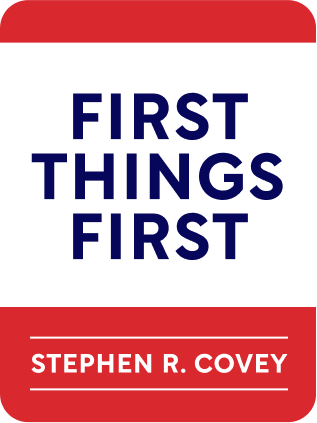

This article is an excerpt from the Shortform book guide to "First Things First" by Stephen R. Covey. Shortform has the world's best summaries and analyses of books you should be reading.
Like this article? Sign up for a free trial here .
Have you ever been faced with a crisis, come up with a solution, and felt that incredible sense of success and relief? How does a sense of urgency create a false sense of accomplishment?
Although urgent situations are stressful, resolving them creates a high that you can become addicted to. However, urgency addiction is a self-destructive habit that only temporarily fills a void, whether it be the lack of a larger purpose or a desire for a sense of achievement.
Here’s why handling urgency is so addictive, according to Stephen Covey.
Urgency Addiction
Attending to urgent tasks brings a sense of immediate accomplishment and an adrenaline rush. For some people, responding to urgency even becomes an addiction.
Traditional time management approaches, including to-do lists and daily planning, largely feed into this addiction by emphasizing efficiency and failing to allocate time for important tasks that aren’t urgent. Making matters worse, our society tends to value busyness as an indicator of productivity.
How often have you heard friends or coworkers talk about how busy they are with urgent tasks? Sometimes it seems to be used as a status symbol and fosters competition: If I’m busier than you, I must be achieving more and doing more important things. But chronic busyness prevents us from recognizing and addressing the important “first things,” priorities, in our lives.
Urgency addiction can cause you to seek out or even create more fires to put out by procrastinating and neglecting planning and prevention. Although some urgent tasks are necessary and unavoidable, when they dominate your life, there’s little time left for important tasks. Additionally, going through life with an urgency paradigm tends to leave you feeling burnt out, unfulfilled, and stressed.

———End of Preview———
Like what you just read? Read the rest of the world's best book summary and analysis of Stephen R. Covey's "First Things First" at Shortform .
Here's what you'll find in our full First Things First summary :
- How to work effectively, not just efficiently
- Why you need to think more about what you're spending time on than how much time you're spending
- The 6 steps to effectively schedule and prioritize important activities






